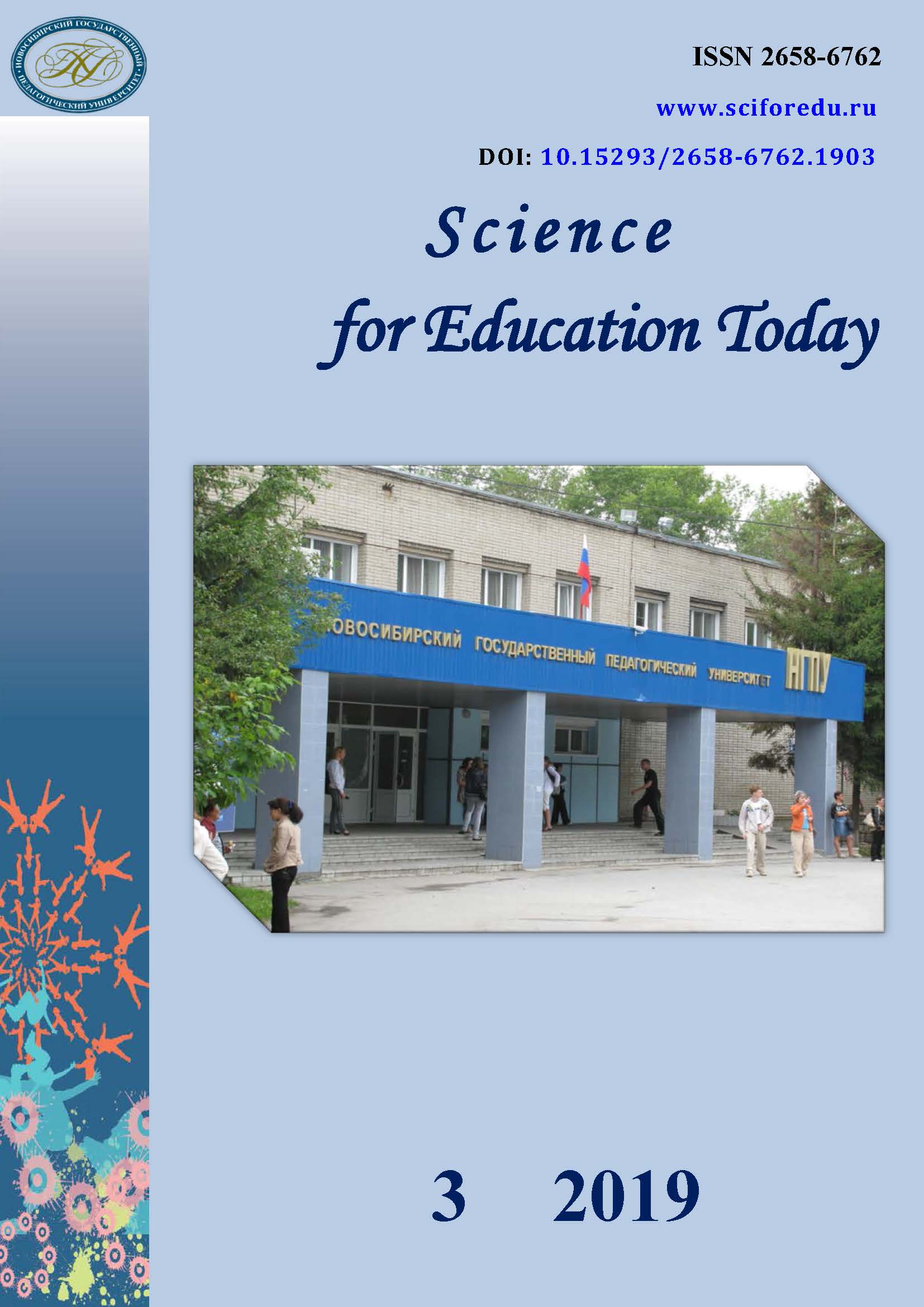Факторы и тренды развития инновационных процессов в высших учебных заведениях в условиях международной экономической интеграции
Development of innovation processes in higher education institutions in the context of international economic integration: Factors and trends
Author(s): Anargul Batyrbayevna Iskakova, Kulyash Aldongarovna Nurumzhanova, Gulzhan Erzhanovna Senkina, Anarbek Kozybayevich Kozybai, Gulzhan Sagidullayevna Jarassova, Akmaral Kanatbekovna KairbayevaSubject(s): Higher Education , Socio-Economic Research
Published by: Новосибирский государственный педагогический университет
Keywords: Innovation; Innovation activity; Innovative technologies; Innovative process; Innovation infrastructure; Economic Integration;
Summary/Abstract: Introduction. The authors investigate the problems of implementation and development of innovative processes within universities in terms of economic integration. The aim of the study is to identify the system of factors affecting the implementation of innovative processes and establishing research trends which increase the dynamics and efficiency of their development in higher education institutions. Materials and Methods. The authors have used a methodology based on the analysis and synthesis of research investigations conducted in the relevant fields, as well as factor analysis aimed at selecting, interpreting and systematizing factors affecting innovation processes in higher education institutions using the methods of presenting results in the form of bar charts using IBM SPSS Statistics 24 for Windows. Results. First, a system of external and internal factors was identified, which determined the current state of introducing innovations in higher education institutions in the context of economic integration. Second, systematization of the identified factors allowed to formulate three primary research trends of effective innovation development: 1) accelerating the diffusion of knowledge from the university science sector into the real economy based on the priority of applied research and introduction of innovative problem-oriented, project-based educational technologies into the educational process; 2) rapprochement of functional paradigms of universities and economic spheres in order to institutionalize and integrate economic, psychological and pedagogical patterns in modern forms of innovation infrastructure; 3) updating the functions and content within educational programs of universities for converting knowledge and competence of specialists into the productive force of technological innovations in industry. Conclusions. The study has proved the need to institutionalize innovation processes in universities based on the identified factors and trends, relying on economic patterns and results, as well as integrated socio-economic, psychological and pedagogical patterns and results.
Journal: Science for Education Today
- Issue Year: 9/2019
- Issue No: 3
- Page Range: 200-221
- Page Count: 22
- Language: Russian

